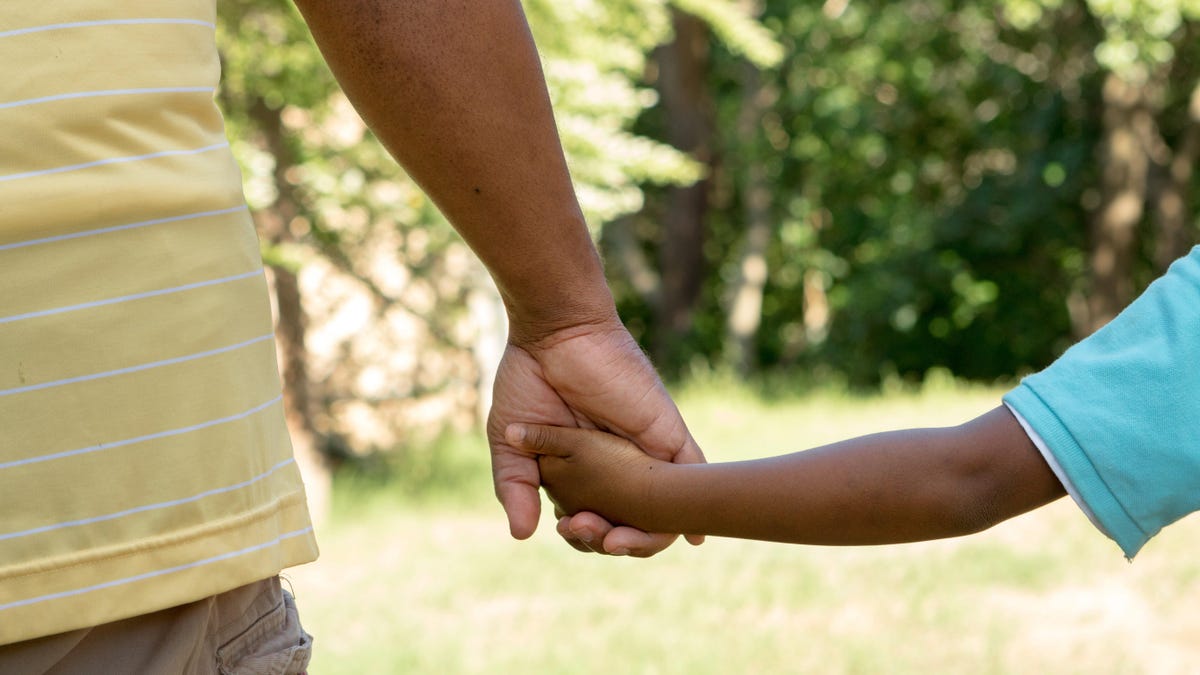How to Stop Yelling at Kids so Much

Most parents yell at their children from time to time. Sometimes this is out of frustration, and sometimes the instinct in the moment is to stop them from hurting themselves or someone else. But at its core, yelling is about control, and it can be exhausting—not just for you, but for your children as well. It can also scare them and, over time, worsen your relationship with them.
“Traditional parenting is based on punishment and fear, and adults’ preferences take precedence,” says Sarah Rosensweet, peace parenting coach and host of the Peaceful Parenting podcast .
Peaceful parenting aims to support children by providing them with the guidance they need to meet our expectations. It is based on three components:
- The parent undertakes to independently regulate their emotions.
- The parent gives priority to maintaining and strengthening the bond between parent and child.
- A parent trains a child.
Putting these ideas into practice is easier said than done, so I spoke with Rosensweet about some simple ways caregivers can implement this calmer approach to parenting.
Keep your emotions under control
There comes a time when even the most level-headed parent loses their cool. It could be the morning when it’s time to go to school and everyone is moving at a different speed. Maybe it’s right before lunch because your kids are getting “hungry” and starting to whine a lot. No matter what part of the day your frustration meter turns red, raising your voice will frighten your child, and fear should not be a component of the parent-child relationship. Rosensweet says we are human, so anger is a normal reaction.
“It’s not that you’re not angry,” she says. “The thing is, when you are angry , you are aware that you are angry. You take care of yourself so you don’t yell at your child.”
The easiest way to avoid raising your voice, Rosensweet says, is to pause and try to “stop, drop, and breathe.” This could mean doing something as simple as taking a deep breath. When these moments happen to my boys, I ask them to breathe with me. You can also try something calming, such as placing your hand over your heart or imagining a different reaction.
Be a strong leader
Our children rely on us to keep them safe, so when things go against their best interests, we need to be honest and upfront with them, even if it makes them unhappy. The example that Rosensweet uses is a simple target run. You tell your child you’re only getting a birthday present for his friend’s party, but later find out you’re buying your child a toy because he’s having a meltdown.
“You give up because either you feel like you can’t stand your child being unhappy with you, or you can’t stand their feelings,” she says.
There are various peaceful ways to handle this situation that don’t involve buying a toy, such as letting them get something for their money, sitting and comforting them during a meltdown, or even taking a photo of the toy and wearing it. birthday or holiday wish list. This may also mean that they should not be taken into the store at all. Be strong and find a solution that works for both of you.
Don’t resort to punishment
When a child has a meltdown or bad behavior, it is not because he wants to be a bad child. He’s having trouble with something, such as being hungry, tired, or feeling disconnected from you. They may need help understanding what you are asking because they lack perspective due to their young age. Punishing them will gradually destroy your relationship. Rosensweet recommends that instead of punishing your child, try to understand why your child is behaving this way. By finding the root cause, we can support them if it happens again.
Take some alone time
Peaceful parenting is about teaching your child and strengthening your relationship with him so that he feels seen and knows that he is important to us – and you can do this by spending some time with him, even if it’s not a lot of time. Rosensweet suggests finding 15 minutes to spend with each child in an unstructured and child-led way, without screens or distractions.
This is when you exercise your long-dormant gaming muscles and build with LEGOs or imagine an adventure with their favorite superheroes. If you can’t steal a moment during a busy week or a younger sibling needs attention, find ways to fit that special time around your schedule.
She also suggests looking for ways to make your child happy—this could be as simple as smiling while everyone gets ready for the day, or finding a moment of connection after school. Rosensweet calls these tiny moments throughout the day moments when what you feel in your heart is reflected on your face.
Peaceful parenting is not about caring for your children.
Rosensweet has found that many of the parents she coaches understand that the process is about them, not their children.
“If you had reactive parents, you might feel like you don’t have room for any feelings,” she says. “There are internal triggers that we carry with us because of how we were raised that don’t really emerge until we have children of our own.”